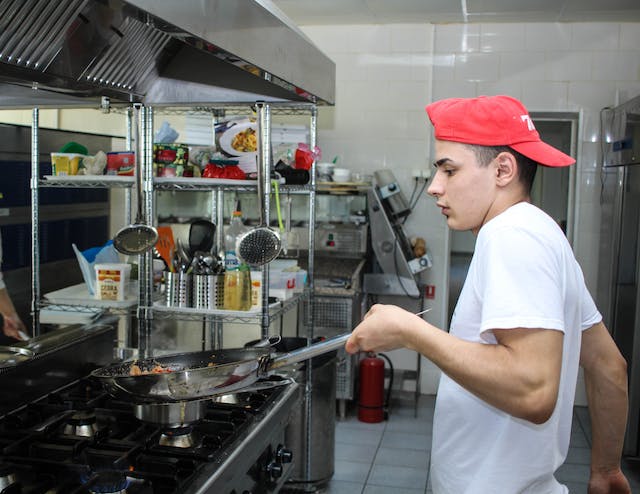Ghost kitchens, a foodservice business that serves customers exclusively by delivery or pickup, gained popularity during the pandemic and were projected to make up more than 20 percent of the restaurant industry by 2025; the concept, however, is now crashing, reports CNN Business.
The latest example of a shift in the market is Kroger-backed Kitchen United's announcement that it would sell or close its locations.
During the pandemic, restaurant owners and investors saw ghost kitchens as a cheaper solution to begin or grow their business, compared to traditional sit-down dining restaurants. They also were an opportunity to pilot menu concepts or items with less overhead.
“Coming out of the pandemic, a boatload of restaurants closed. There was a lot of vacant restaurant real estate, especially in cities. There was hope that this valuable real estate could be put to use,” said John Gordon, a restaurant consultant. “Chains wanted to bring in new products in [a] cost-effective fashion.”
However, the concept confused the public who couldn’t find their restaurants, go in-person to see where their food was prepared, or report order issues effectively.
As people began returning to restaurants, the “mystery meal world of virtual restaurants wasn’t as necessary,” said Stephen Zagor, a restaurant industry consultant and adjunct professor at Columbia Business School. “We care a lot about what my restaurant is about, and how fresh and delicious the food is.”
On the business side too, running a ghost kitchen poses many challenges, as they rely on third-party delivery providers that charge high fees. Full Story
Related: Kroger, Kitchen United Part Ways; DoorDash Outlines Platform Changes

